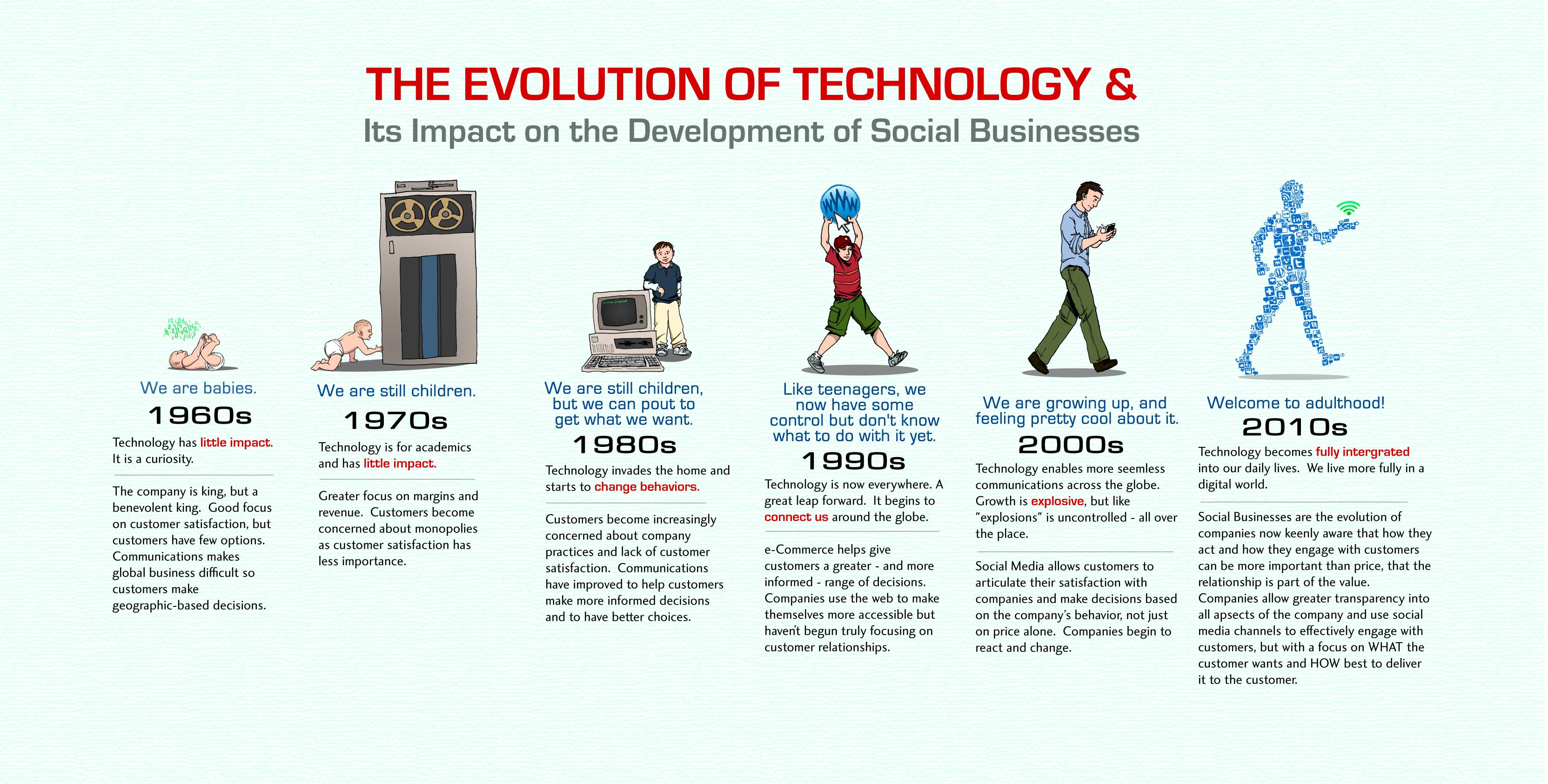
AI’s Rapid Evolution: The Latest Advancements and Their ImpactAI’s Rapid Evolution: The Latest Advancements and Their Impact Artificial intelligence (AI) is a rapidly evolving field that is transforming various industries and aspects of our lives. Recent advancements in AI have pushed the boundaries of what is possible, leading to groundbreaking applications and profound implications. Latest Advancements: * Generative AI: AI models such as ChatGPT and Dall-E 2 can generate text, code, images, and videos on demand. These models have sparked excitement for their potential in fields like content creation, software development, and entertainment. * Multimodal AI: AI models that can process and generate data across multiple modalities, such as text, images, and speech. This enables tasks like image-to-text translation and video understanding. * Edge AI: AI models deployed on devices at the network edge, allowing for real-time processing and decision-making without the need for cloud connectivity. This has applications in areas like autonomous vehicles and industrial automation. Impact and Applications: Healthcare: AI is revolutionizing healthcare by aiding in disease diagnosis, drug discovery, and personalized treatment plans. AI-powered algorithms can analyze medical images, identify patterns, and make accurate predictions. Finance: AI is being used to automate tasks, provide personalized financial advice, and detect fraud. It can analyze financial data, identify trends, and predict market movements. Transportation: AI is improving transportation systems through autonomous vehicles, traffic management, and logistics optimization. AI-powered algorithms can optimize routes, reduce fuel consumption, and enhance safety. Retail: AI is transforming the retail experience by providing personalized recommendations, enhancing customer service, and optimizing inventory management. AI algorithms can analyze customer data, identify shopping patterns, and predict demand. Education: AI is supporting personalized learning by adapting content to the individual needs of students. AI-powered tutors can provide real-time feedback, answer questions, and track progress. Challenges and Considerations: While AI offers immense potential, it also presents challenges and ethical considerations that need to be addressed. These include: * Bias and Discrimination: AI models can perpetuate biases present in the data they are trained on, leading to unfair or discriminatory outcomes. * Job Displacement: Automation driven by AI can lead to job displacement in certain industries, requiring policies and training programs to mitigate its impact. * Privacy Concerns: AI systems can process and store vast amounts of personal data, raising concerns about data security and privacy invasion. Conclusion: AI is evolving at an unprecedented pace, unlocking new possibilities and transforming industries. The latest advancements in generative AI, multimodal AI, and edge AI are pushing the boundaries of what AI can do. While AI offers enormous benefits, it is crucial to address the challenges and ethical considerations associated with its rapid evolution. By embracing the potential of AI while mitigating the risks, we can harness its power to create a more innovative, efficient, and equitable future.
Posted inNews